We feature the popularized story version of the French fairy tale La Belle et La Bête (Beauty and the Beast), which became a classic 1946 Jean Cocteau film accompanied by composer Philip Glass’s mesmerizing 1994 score.
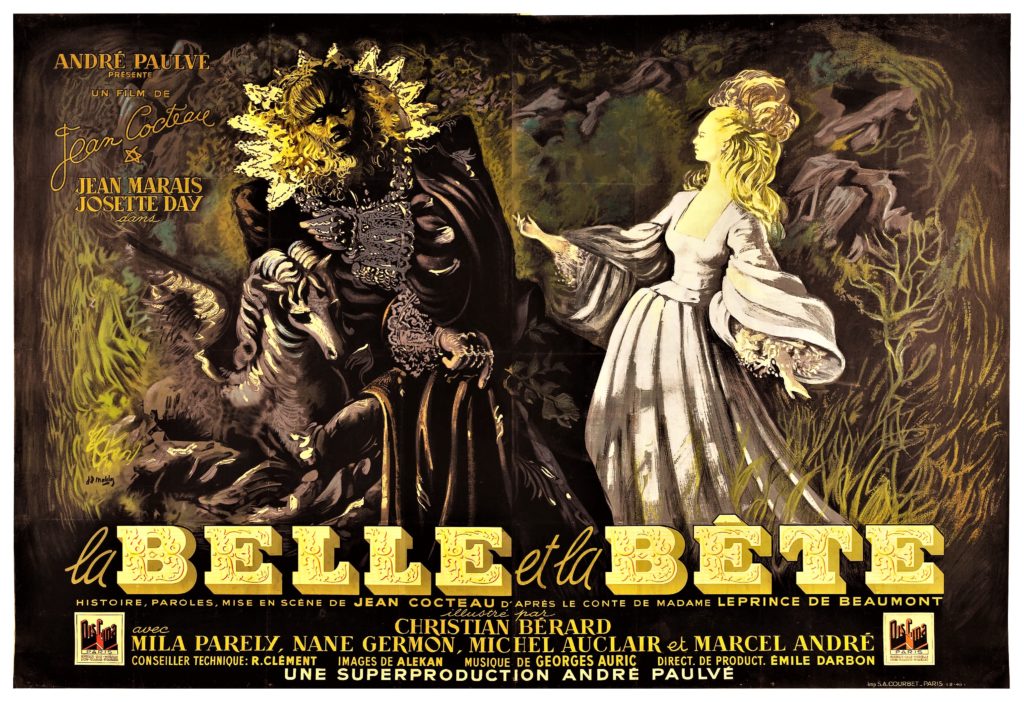

Beaumont’s Beauty and the Beast or La Belle et La Bête – A French Fairy Tale
An Excerpt, Based on a Version Published by Pook Press, Edited by Jack Eidt
Jeanne-Marie Leprince de Beaumont first published Beauty and the Beast in 1756, as ‘a tale for the entertainment of juvenile readers.’ It first appeared under the title of La Belle et La Bête in response to the earlier, much longer version of the story by Gabrielle-Suzanne Barbot de Villeneuve (1695 – 1755), which first appeared in 1740.
Although similar in the overall plot, Beaumont changed many aspects of Villeneuve’s original, making it more suitable for younger readers. Much of the lengthy back story of Belle and Beast was omitted as were many of the characters. It is also worthy to note that the urban opening and the social class of the characters was highly unusual in fairy tales of the time and therefore occupies a unique space in folkloric storytelling. This ability of Beaumont to adapt and re-appropriate pre-existing narratives, has ensured the tale’s continued popularity – with her version still the best-loved variant to this day.
httpvh://youtu.be/2N6Nmf-tVDo
Trailer from La Belle et la Bête
Beauty and the Beast – A French Fairy Tale (An Excerpt)
There was once a rich merchant, who had six children, three sons, and three daughters; being a man of sense, he spared no cost for their education, but gave them all kinds of masters. His daughters were extremely handsome, especially the youngest. When she was little everybody admired her, and called her “The little Belle (Beauty);” so that, as she grew up, she still went by the name of Belle, which made her sisters very jealous.
The youngest, as she was handsomer, was also better than her sisters. The two eldest had a great deal of pride, because they were rich. They gave themselves ridiculous airs, and would not visit other merchants’ daughters, nor keep company with any but persons of quality. They went out every day to parties of pleasure, balls, plays, concerts, and so forth, and they laughed at their youngest sister, because she spent the greatest part of her time in reading good books.
As it was known that they were great fortunes, several eminent merchants made their addresses to them; but the two eldest said, they would never marry, unless they could meet with a duke, or an earl at least. Belle very civilly thanked them that courted her, and told them she was too young yet to marry, but chose to stay with her father a few years longer.
All at once the merchant lost his whole fortune, excepting a small country house at a great distance from town, and told his children with tears in his eyes, they must go there and work for their living. Poor Belle at first was sadly grieved at the loss of her fortune; “but,” said she to herself, “were I to cry ever so much, that would not make things better, I must try to make myself happy without a fortune.”
Children believe what we tell them. They have complete faith in us. They believe that a rose plucked from a garden can plunge a family into conflict. They believe that the hands of a human beast will smoke when he slays a victim, and that this will cause the beast shame when a young maiden takes up residence in his home. They believe a thousand other simple things. I ask of you a little of this childlike simplicity, and, to bring us luck, let me speak four truly magic words, childhood’s open sesame: “Once upon a time…” — Jean Cocteau‘s “La Belle et la Bete”
httpvh://youtu.be/cHsUHmHDfS8
Philip Glass, Overture for La Belle et La Bête, by Angèle Dubeau & La Pietà
The family had lived about a year in this retirement, when the merchant received a letter with an account that a vessel, on board of which he had effects, was safely arrived. This news had liked to have turned the heads of the two eldest daughters, who immediately flattered themselves with the hopes of returning to town, for they were quite weary of a country life; and when they saw their father ready to set out, they begged of him to buy them new gowns, headdresses, ribbons, and all manner of trifles; but Belle asked for nothing for she thought to herself, that all the money her father was going to receive, would scarce be sufficient to purchase everything her sisters wanted.
“What will you have, Belle?” said her father.
“Since you have the goodness to think of me,” answered she, “be so kind to bring me a rose, for as none grows hereabouts, they are a kind of rarity.” Not that Belle cared for a rose, but she asked for something, lest she should seem by her example to condemn her sisters’ conduct, who would have said she did it only to look particular.
The good man went on his journey, but when he came there, they went to law with him about the merchandise, and after a great deal of trouble and pains to no purpose, he came back as poor as before.
STORY: Questioning Patriarch in and Italian Folktale: The Devil and His Three Wives
httpvh://youtu.be/yhq8pTDQVXY
A scene from La Belle et La Bête, By Jean Cocteau, 1946
He was within thirty miles of his own house, thinking on the pleasure he should have in seeing his children again, when going through a large forest he lost himself. It rained and snowed terribly; besides, the wind was so high, that it threw him twice off his horse, and night coming on, he began to apprehend being either starved to death with cold and hunger, or else devoured by the wolves, whom he heard howling all round him, when, on a sudden, looking through a long walk of trees, he saw a light at some distance, and going on a little farther perceived it came from a palace illuminated from top to bottom.
The merchant returned God thanks for this happy discovery, and hastened to the place, but was greatly surprised at not meeting with any one in the outer courts. His horse followed him, and seeing a large stable open, went in, and finding both hay and oats, the poor beast, who was almost famished, fell to eating very heartily; the merchant tied him up to the manger, and walking towards the house, where he saw no one, but entering into a large hall, he found a good fire, and a table plentifully set out with but one cover laid. As he was wet quite through with the rain and snow, he drew near the fire to dry himself. “I hope,” said he, “the master of the house, or his servants will excuse the liberty I take; I suppose it will not be long before some of them appear.”
STORY: Hopi Legend: Koyaanisqatsi and World Destruction
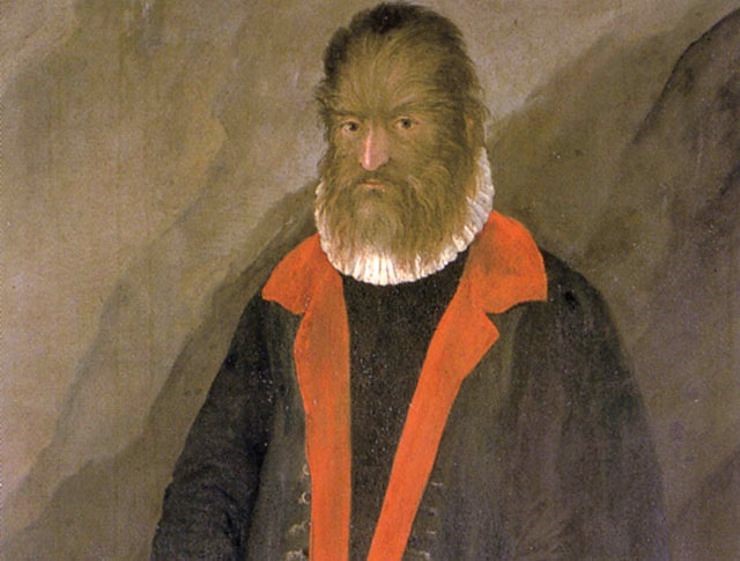

He waited a considerable time, until it struck eleven, and still nobody came. At last he was so hungry that he could stay no longer, but took a chicken, and ate it in two mouthfuls, trembling all the while. After this he drank a few glasses of wine, and growing more courageous he went out of the hall, and crossed through several grand apartments with magnificent furniture, until he came into a chamber, which had an exceeding good bed in it, and as he was very much fatigued, and it was past midnight, he concluded it was best to shut the door, and go to bed.
It was ten the next morning before the merchant waked, and as he was going to rise he was astonished to see a good suit of clothes in the room of his own, which were quite spoiled; certainly, said he, this palace belongs to some kind fairy, who has seen and pitied my distress. He looked through a window, but instead of snow saw the most delightful arbors, interwoven with the most beautiful flowers that were ever beheld. He then returned to the great hall, where he had supped the night before, and found some chocolate ready made on a little table. “Thank you, good Madam Fairy,” said he aloud, “for being so careful, as to provide me a breakfast; I am extremely obliged to you for all your favors.”
httpvh://youtu.be/OVCugkVAwyM
Montage Trailer in French for La Belle et la Bête
The good man drank his chocolate, and then went to look for his horse, but passing through an arbor of roses he remembered Belle’s request to him, and gathered a branch on which were several; immediately he heard a great noise, and saw such a frightful Beast wearing silk clothes coming towards him, that he was ready to faint away.
“You are very ungrateful,” said the Beast to him, in a terrible voice; “I have saved your life by receiving you into my castle, and, in return, you steal my roses, which I value beyond any thing in the universe, but you shall die for it; I give you but a quarter of an hour to prepare yourself, and say your prayers.”
The merchant fell on his knees, and lifted up both his hands, “My Lord,” said he, “I beseech you to forgive me, indeed I had no intention to offend in gathering a rose for one of my daughters, who desired me to bring her one.”
“My name is not My Lord,” replied the monster, “but Beast; I don’t love compliments, not I. I like people to speak as they think; and so do not imagine, I am to be moved by any of your flattering speeches. But you say you have got daughters. I will forgive you, on condition that one of them come willingly, and suffer for you. Let me have no words, but go about your business, and swear that if your daughter refuse to die in your stead, you will return within three months.”
The merchant had no mind to sacrifice his daughters to the ugly monster, but he thought, in obtaining this respite, he should have the satisfaction of seeing them once more, so he promised, upon oath, he would return, and the Beast told him he might set out when he pleased, “but,” added he, “you shall not depart empty handed; go back to the room where you lay, and you will see a great empty chest; fill it with whatever you like best, and I will send it to your home,” and at the same time Beast withdrew.
httpvh://youtu.be/4dQpcxeEiaw
Philip Glass – La Belle et la Bête: Promenade in the Garden
“Well,” said the good man to himself, “if I must die, I shall have the comfort, at least, of leaving something to my poor children.” He returned to the bedchamber, and finding a great quantity of broad pieces of gold, he filled the great chest the Beast had mentioned, locked it, and afterwards took his horse out of the stable, leaving the palace with as much grief as he had entered it with joy. The horse, of his own accord, took one of the roads of the forest, and in a few hours the good man was at home.
His children came round him, but instead of receiving their embraces with pleasure, he looked on them, and holding up the branch he had in his hands, he burst into tears. “Here, Belle,” said he, “take these roses, but little do you think how dear they are like to cost your unhappy father,” and then related his fatal adventure. Immediately the two eldest set up lamentable outcries, and said all manner of ill-natured things to Belle, who did not cry at all.
“Do but see the pride of that little wretch,” said they; “she would not ask for fine clothes, as we did; but no truly, Miss wanted to distinguish herself, so now she will be the death of our poor father, and yet she does not so much as shed a tear.”
“Why should I,” answered Belle, “it would be very needless, for my father shall not suffer upon my account, since the monster will accept of one of his daughters, I will deliver myself up to all his fury, and I am very happy in thinking that my death will save my father’s life, and be a proof of my tender love for him.”
“No, sister,” said her three brothers, “that shall not be, we will go find the monster, and either kill him, or perish in the attempt.”
STORY: Gogol’s Vision of Metaphysical Unraveling Amid the Dark Arts
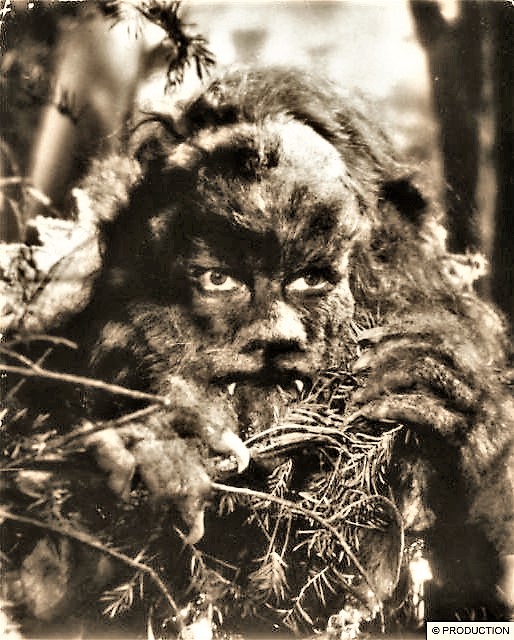
“Indeed father,” said Belle, “you shall not go to the palace without me, you cannot hinder me from following you.” It was to no purpose all they could say. Belle still insisted on setting out for the fine palace, and her sisters were delighted at it, for her virtue and amiable qualities made them envious and jealous.
The merchant was so afflicted at the thoughts of losing his daughter, that he had quite forgot the chest full of gold, but at night when he retired to rest, no sooner had he shut his chamber door, than, to his great astonishment, he found it by his bedside; he was determined, however, not to tell his children, that he was grown rich, because they would have wanted to return to town, and he was resolved not to leave the country; but he trusted Belle with the secret, who informed him, that two gentlemen came in his absence, and courted her sisters; she begged her father to consent to their marriage, and give them fortunes, for she was so good, that she loved them and forgave heartily all their ill usage. These wicked creatures rubbed their eyes with an onion to force some tears when they parted with their sister, but her brothers were really concerned. Belle was the only one who did not shed tears at parting, because she would not increase their uneasiness.
httpvh://youtu.be/8r7QBX1y5wo
Philip Glass – La Belle et la Bête: Beauty Goes to the Chateau
The Beast treated Belle with a lot of kindness. He was never rude to her. He let her stay in the biggest room and let her roam in the beautiful garden. Belle would sit near the fireplace and sew while the Beast kept her company. At first, Belle was afraid of the Beast but slowly, she began to like him.
One day, the Beast asked Belle to marry him, but she refused. She was still afraid of his fearful-looking face. The Beast still treated her kindly and with a lot of love. Belle missed her father a lot. The Beast gave her a magic mirror and said, “Look at the mirror and you can see your family. Now you won’t feel lonely anymore.”
One day, Belle looked in the mirror and saw that father was very ill and dying. She went to the Beast and pleaded and cried, “Please let me go home! I only want to see my father before he dies!”
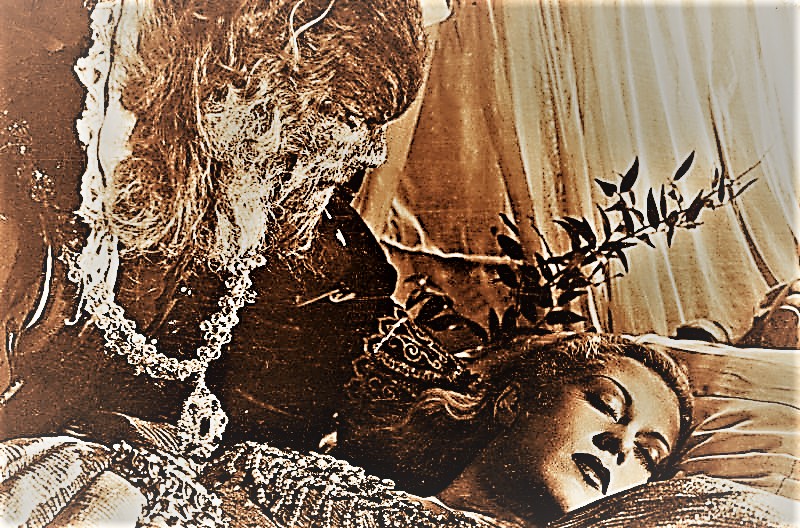
Belle woke up and went back to the castle because she did not mean to hurt the Beast. She cried and said, “Please don’t die, Beast! I will live with you forever!” The Beast miraculously changed into a handsome prince. He said, “I was under a curse all these years and could only be relieved when someone fell in love with me. I am now cured of the curse because you truly love me.” And then, Belle and the Beast were married and together they lived happily ever after.

Watch this video on YouTube
Read the entire story from Pook Press
Read the abridged version here.
This post was inspired by the LA Opera performance of La Belle et la Bête, music by Philip Glass, film by Jean Cocteau, performed by the Philip Glass Ensemble, at the historic Ace Theatre in Downtown Los Angeles.
Updated 13 February 2018





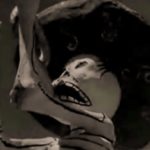
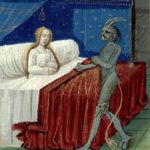

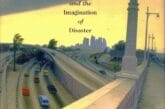




Pingback: Question Patriarchy: How the Devil Married Three Sisters | WilderUtopia.com